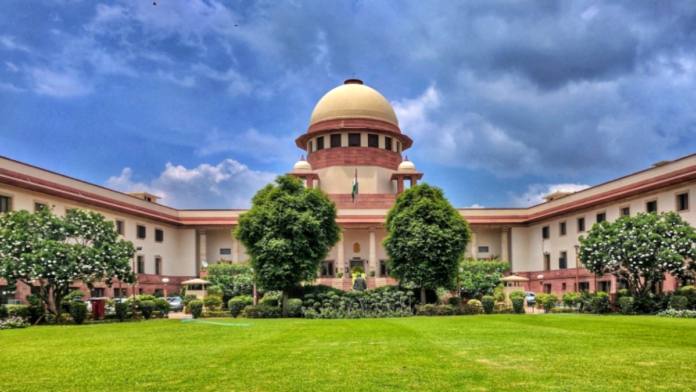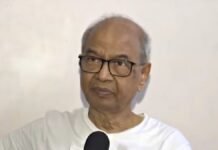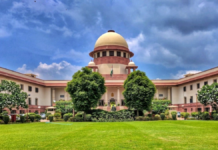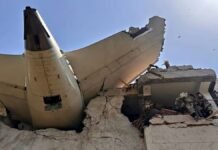
Key Points
- Supreme Court puts a stay on Bombay High Court’s acquittal of all 12 accused in the 2006 Mumbai train blast case.
- Maharashtra government filed an urgent appeal challenging the High Court judgment, citing impacts on other terror cases under MCOCA.
- Stay means High Court verdict won’t be treated as a legal precedent; acquitted accused remain at liberty for now.
- Bombay High Court had acquitted all based on prosecution’s failure to prove guilt beyond reasonable doubt, raising concerns over case handling.
- The deadly blasts on July 11, 2006, killed 189 and injured over 800 commuters.
New Delhi: On July 11, 2006, seven bombs exploded in first-class compartments of Mumbai’s local trains during evening rush hour, killing 189 and injuring more than 800. The attacks were coordinated for maximum devastation, targeting the city’s vital Western Railway suburban network.
The Maharashtra Anti-Terrorism Squad charged 13 individuals, with a further 15 suspects absconding, for their roles in the conspiracy and execution of the bombings. The prosecution relied heavily on alleged confessions, eyewitness accounts, and forensic evidence.
Bombay High Court Acquittal Decision
On July 21, 2025, the Bombay High Court acquitted all 12 accused (including five previously sentenced to death and seven to life imprisonment), overturning the convictions of the 2015 MCOCA Special Court. The High Court cited:
- Lack of credible evidence from key witnesses, including doubts over their identification of the accused after a long delay.
- Questionable validity and voluntariness of confessional statements, some allegedly obtained under torture.
- Inadequate establishment of the use and nature of explosives.
- Procedural lapses in identification parades and collection of evidence.
The Court criticised the prosecution for creating a “misleading sense of resolution” and failing to ensure the real perpetrators were brought to justice.
Maharashtra Government’s Appeal
The Maharashtra government urgently sought Supreme Court intervention, arguing the High Court’s findings could jeopardize other pending terrorism cases under the Maharashtra Control of Organised Crime Act (MCOCA). The Solicitor General emphasized the need for a stay to prevent the High Court’s observations from setting a precedent.
Supreme Court’s Stay Order
On July 24, 2025, a Supreme Court bench led by Justices MM Sundresh and N Kotiswar Singh:
- Stayed the Bombay High Court’s acquittal verdict, specifying it would not serve as a precedent for other cases while the matter is under further review.
- Clarified that the acquitted accused, already released, need not return to jail during the interim.
- Issued notices to all acquitted individuals, seeking their responses to the state’s appeal.
The Court’s decision ensures the case remains in legal limbo pending a detailed hearing on the appeal.
What’s Next?
The Supreme Court will review the legal and procedural issues raised by the Maharashtra government’s appeal and determine whether the Bombay High Court’s acquittal will ultimately stand or be reversed.
This case remains a landmark in India’s fight against terrorism and the administration of justice in cases involving mass casualties and complex investigations.















































